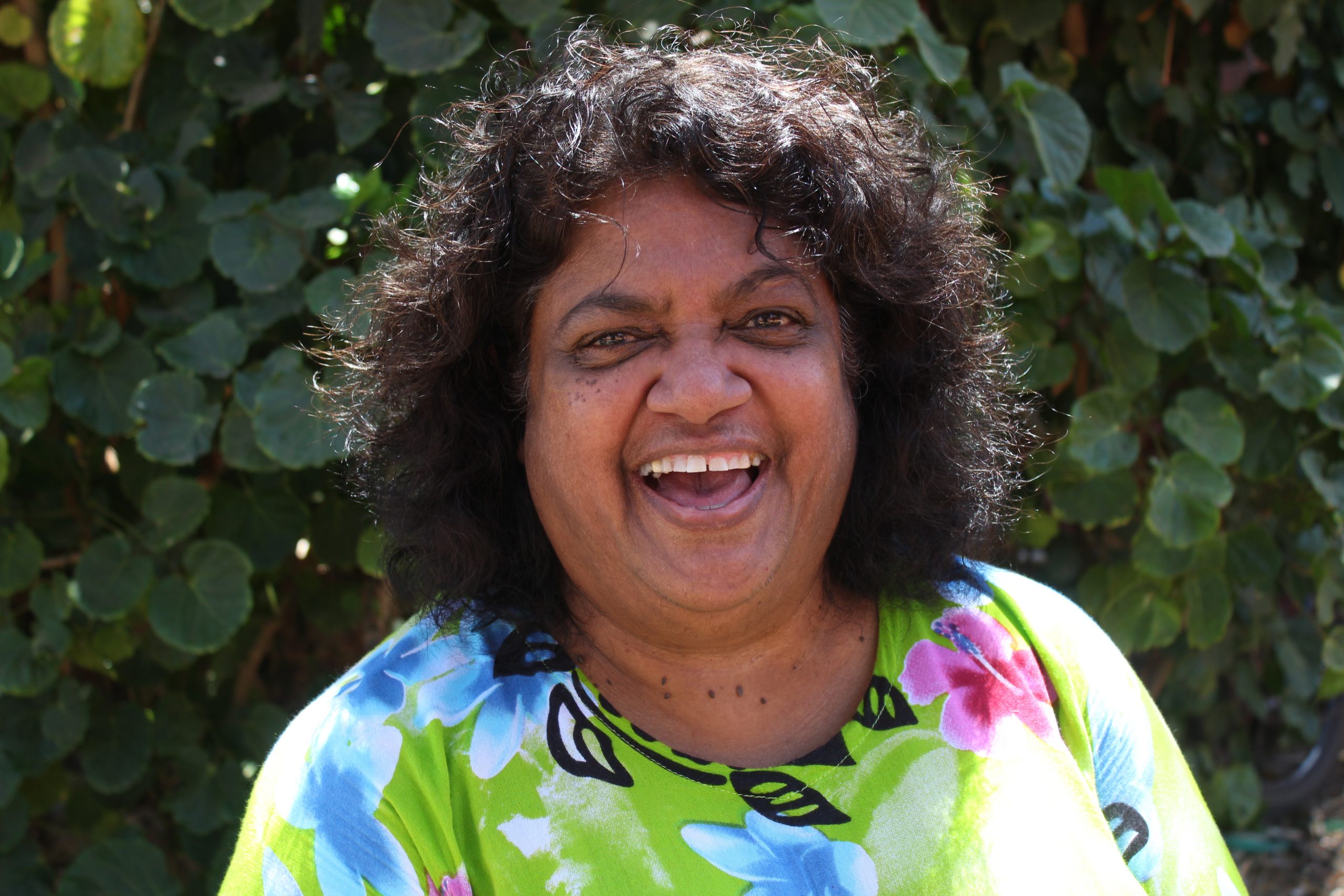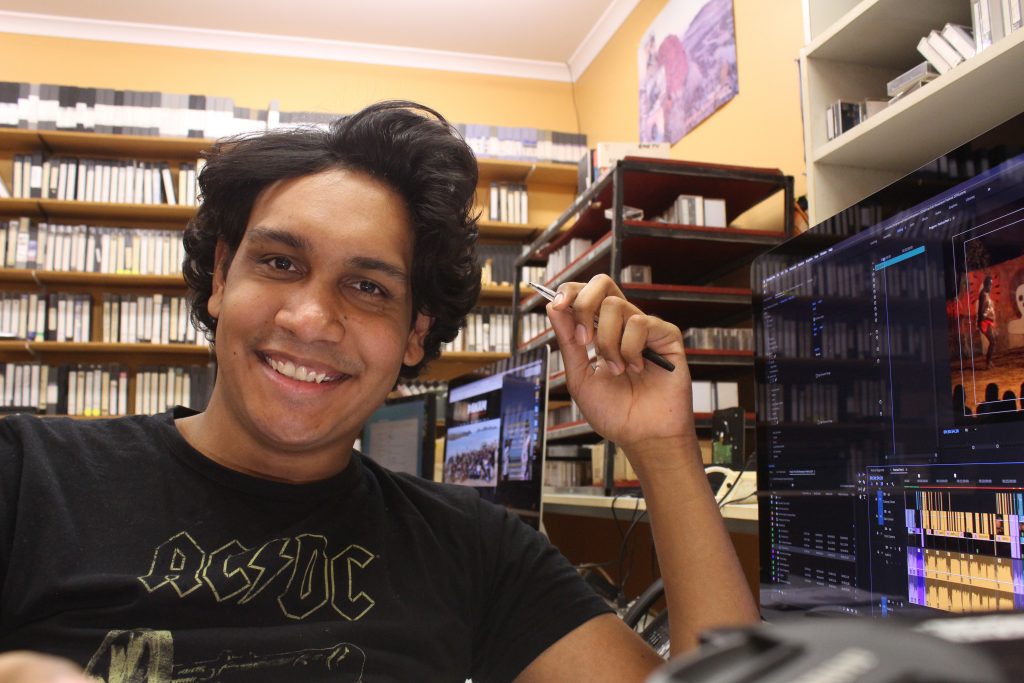Neil Turner
PAKAM Manager
Neil has been the manager of Pilbara and Kimberley Aboriginal Media since 1996. Before that he worked on the Anangu Pitjantjatjara Lands for 11 years as Coordinator of Ernabella Video Television and Pitjantjatjara Yankunytjatjara Media. He was author of the 1998 National Report on the Broadcasting for Remote Aboriginal Communities Scheme and worked on establishing the Indigenous Community Television and National Indigenous Television services. Neil received the Mr McKenzie Award for his contribution to remote Indigenous television in 2014. Currently serves as Secretary on the Board of ICTV.

Margy Dia
Margy is a proud Nyul Nyul (Grandmother’s side) and Jaru (Grandfather’s side) woman born and raised in Broome. Her grandparents are of the Stolen Generation who were sent to Beagle Bay Mission. Margy is passionate and committed to culture, making a difference and giving back to community. She lived in Perth for 26 years and returned home to Broome in 2015 to work with Nyamba Buru Yawuru (NBY) for 5 years. She is a Director of Magabala Books. Her professional working life included roles in community based organisations and government agencies with a focus on Aboriginal affairs particularly employment and training, land (“helping countrymen to return to “country” to establish outstations”) and housing. Margy has had the opportunity and privilege to meet and work with Aboriginal people and communities in metropolitan, regional and remote areas throughout WA from Kununurra to Esperance and coastal towns/communities and across to the Western Desert. Her work further exposed her to the diversity of Aboriginal culture and history, knowledge and appreciation of issues countrymen face and the positive achievements of individuals and communities.

Traelyn Aiken
Traelyn Aiken is the video production manager for PAKAM, a young Bunuba/Yawruru man who has a great passion for the art of the moving image. He believes in the utilisation of modern technical advancements in areas where it could prove useful, but he also believes it is worth remembering how things were archived in the past and that there’s sometimes no harm in going back to the basics. His ultimate goal in his career at PAKAM is to show the local residents in remote communities that it is worth preserving their stories through film for a wide range of audiences so that they can gain the best understanding of what their culture and home truly means to them. Training keen locals in small community video productions in the hopes that they attain the necessary skills they need to continue capturing their history without any major assistance.

